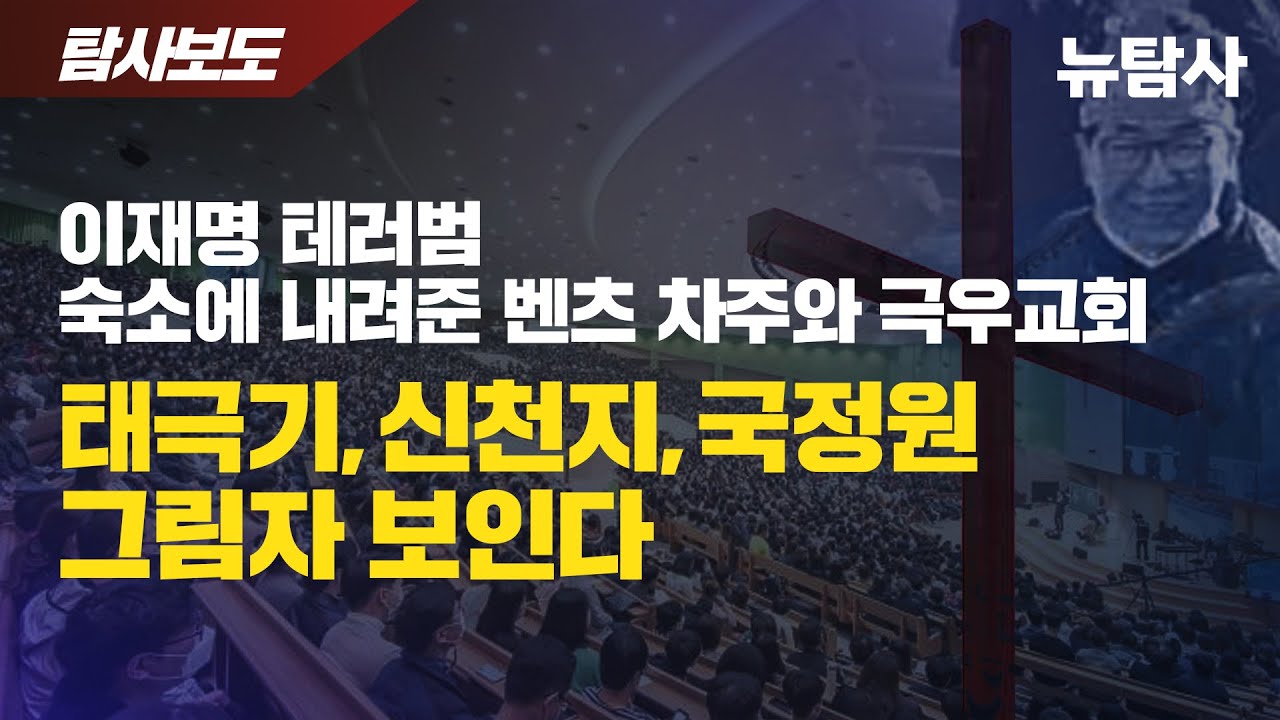中共为什么取消总理记者会?|两会|总理记者会|国务院|李强|习近平|朱镕基|温家宝|李克强|王局拍案20240306
Summary
TLDR本视频讨论了中国两会的政治生活和影响,特别是总理新闻发布会的取消。讲述者指出,虽然两会被宣传为年度最大政治事件,但实际内容高度预设,真正的新闻往往在于参与者的表情和行为。今年,国务院总理李强在两会后不举行新闻发布会,打破了30多年的惯例,引发了国内外的广泛关注和猜测。视频进一步探讨了这一决定背后的可能原因,包括政府对媒体控制的加强和国家机器运作的内部逻辑变化。
Takeaways
- 📅 中国两会已开幕,全国人民代表大会和政治协商会议分别在3月4日和5日召开。
- 🏛️ 两会是中国政治生活中的重要事件,每年都会受到广泛关注。
- 🔍 两会的新闻报道通常被认为是预先编排好的,结果似乎都是早有安排。
- 🗣️ 在两会期间,会议的热点往往不是会议本身,而是与会人员的表情、行为等细节。
- 📣 今年不再举行总理的新闻发布会,这一变化引发了国内外的广泛关注和猜测。
- 🤔 关于取消总理新闻发布会的理由存在多种解释,但公众和媒体对这些解释的接受度不一。
- 📡 历史上,总理的新闻发布会被视为与国内外媒体交流的重要窗口。
- 🚫 今年的两会被描述为更加简约,并且缩短了会期。
- 👥 对于中国的政治透明度和媒体自由,取消总理新闻发布会引发了更广泛的讨论和担忧。
- 🔄 此次变化可能标志着中国政府对媒体开放程度的一个转变点。
Q & A
什么是中国的两会?
-两会指的是中国人民政治协商会议全国委员会的年会(简称政协全会)和全国人民代表大会的年会(简称人大全会)。这是中国一年中最重要的政治事件之一,通常在3月初举行。
为什么两会的新闻报道通常不会成为新闻?
-因为两会的内容通常是提前编排好的,很少有意外发生,所以关于两会本身的新闻报道往往不会引起太大关注。
每年两会后总理举行新闻发布会的惯例是什么时候开始的?
-这一惯例已经持续了30多年,起始于1980年代末。
今年两会为什么没有安排总理新闻发布会?
-据报道,考虑到今年的特殊情况,决定不安排总理的新闻发布会。而且在未来几年的全国人大会议期间,也可能不会安排总理新闻发布会,除非有特殊情况发生。
取消总理新闻发布会后,公众和媒体如何获得两会信息?
-尽管取消了总理的新闻发布会,但会议将通过代表通道、部长通道和其他多样化的采访活动以及新闻发布会等方式,为中外记者提供采访机会,以保持开放和透明度。
为什么中国新闻网的记者会提前知道总理不会举行新闻发布会?
-这个问题引起了外界的猜测,有人认为这可能是提前安排好的,因为记者的提问和官方的回答非常吻合,似乎显示出记者事先已经知道会有这样的安排。
取消总理新闻发布会引起了怎样的国内外反应?
-这一决定在国内外引起了广泛关注。国内,对政治新闻感兴趣的公众人士对这一变化反应强烈;而在国外,尤其是外国媒体中,这被视为中国减少与外界沟通的一个标志。
中国的两会有哪些特色和重要性?
-两会是中国政治生活中的一件大事,不仅是审议和通过国家重要政策法规的场所,也是展现中国政府工作报告和未来方向的平台。对外界来说,两会提供了了解中国内政和经济发展方向的窗口。
今年两会的持续时间是多久,与往年相比如何?
-今年两会只持续了7天,相比之下,历史上最长的两会持续了14天。这表明今年的会议被大大简化,一方面可能是出于节约的考虑。
取消总理新闻发布会的决定背后的可能原因是什么?
-虽然官方给出了几个理由,如经济社会发展问题已经被充分讨论和解决,但也有观点认为可能是为了避免敏感问题的提问。
Outlines

This section is available to paid users only. Please upgrade to access this part.
Upgrade NowMindmap

This section is available to paid users only. Please upgrade to access this part.
Upgrade NowKeywords

This section is available to paid users only. Please upgrade to access this part.
Upgrade NowHighlights

This section is available to paid users only. Please upgrade to access this part.
Upgrade NowTranscripts

This section is available to paid users only. Please upgrade to access this part.
Upgrade Now5.0 / 5 (0 votes)






